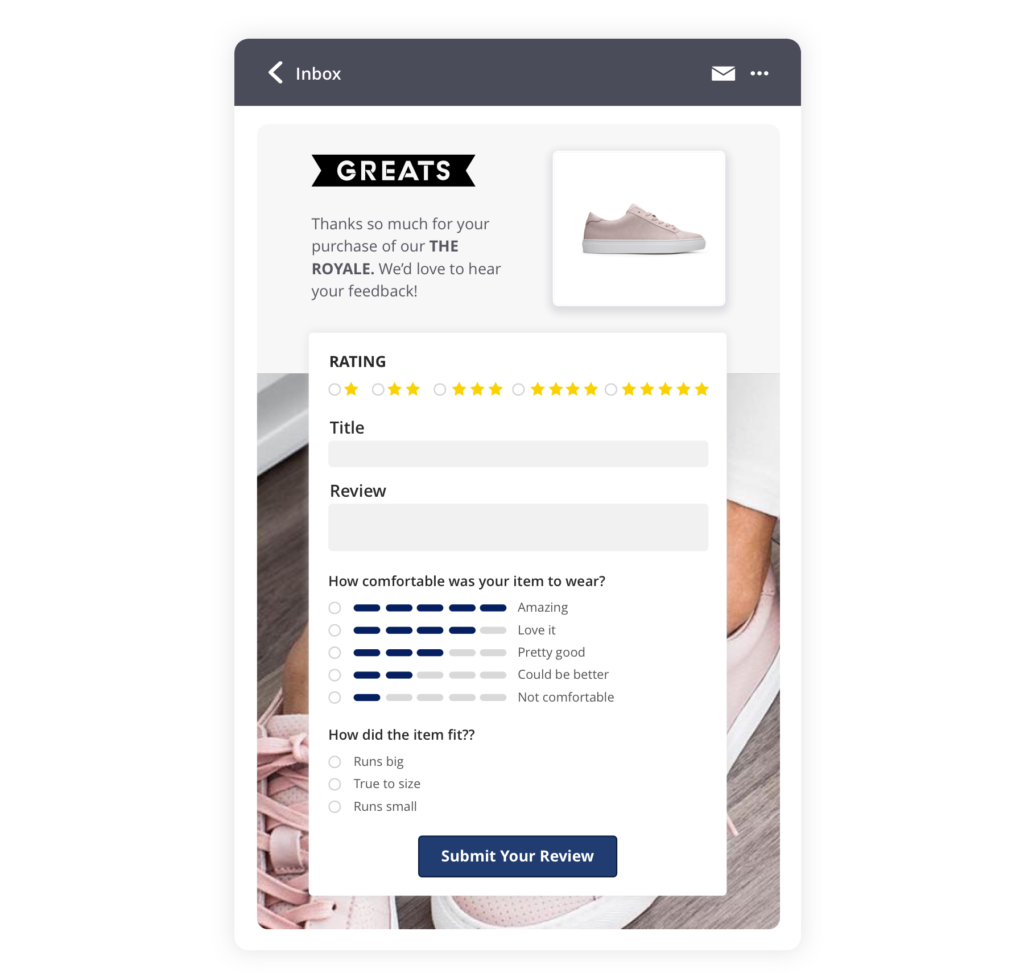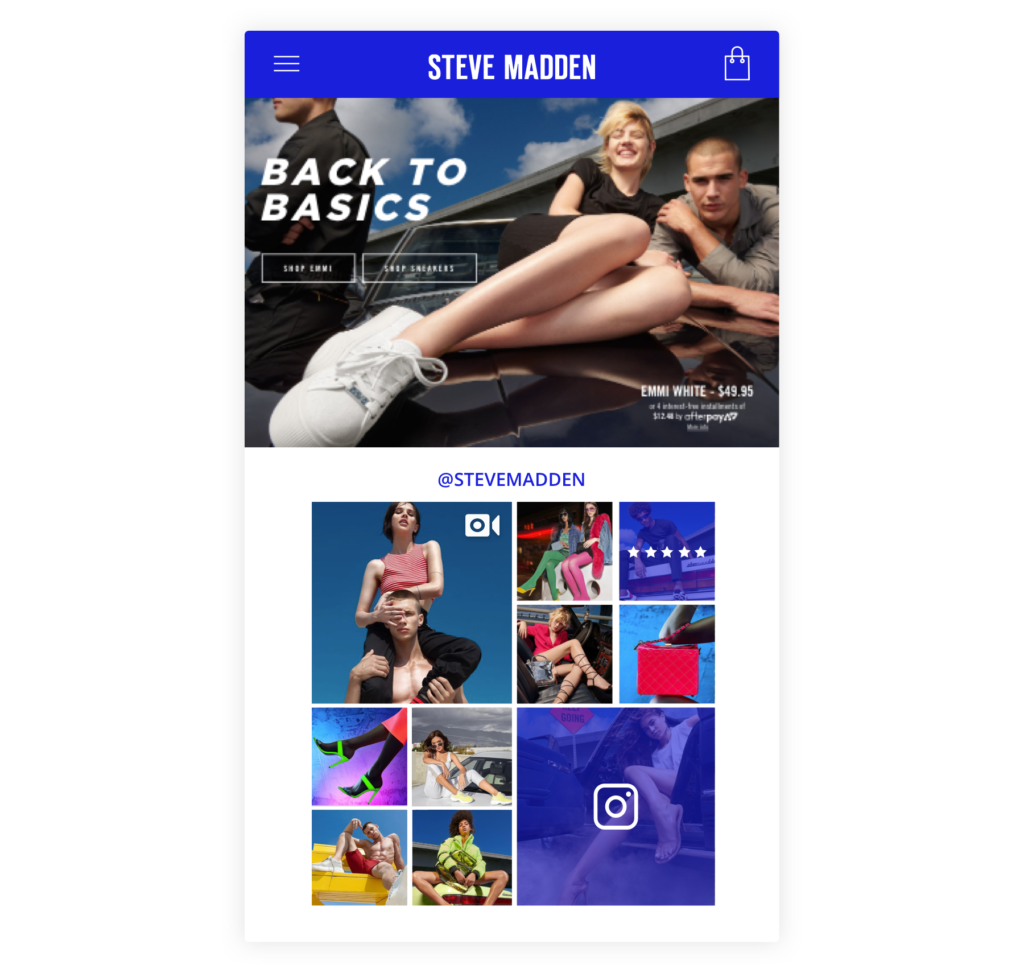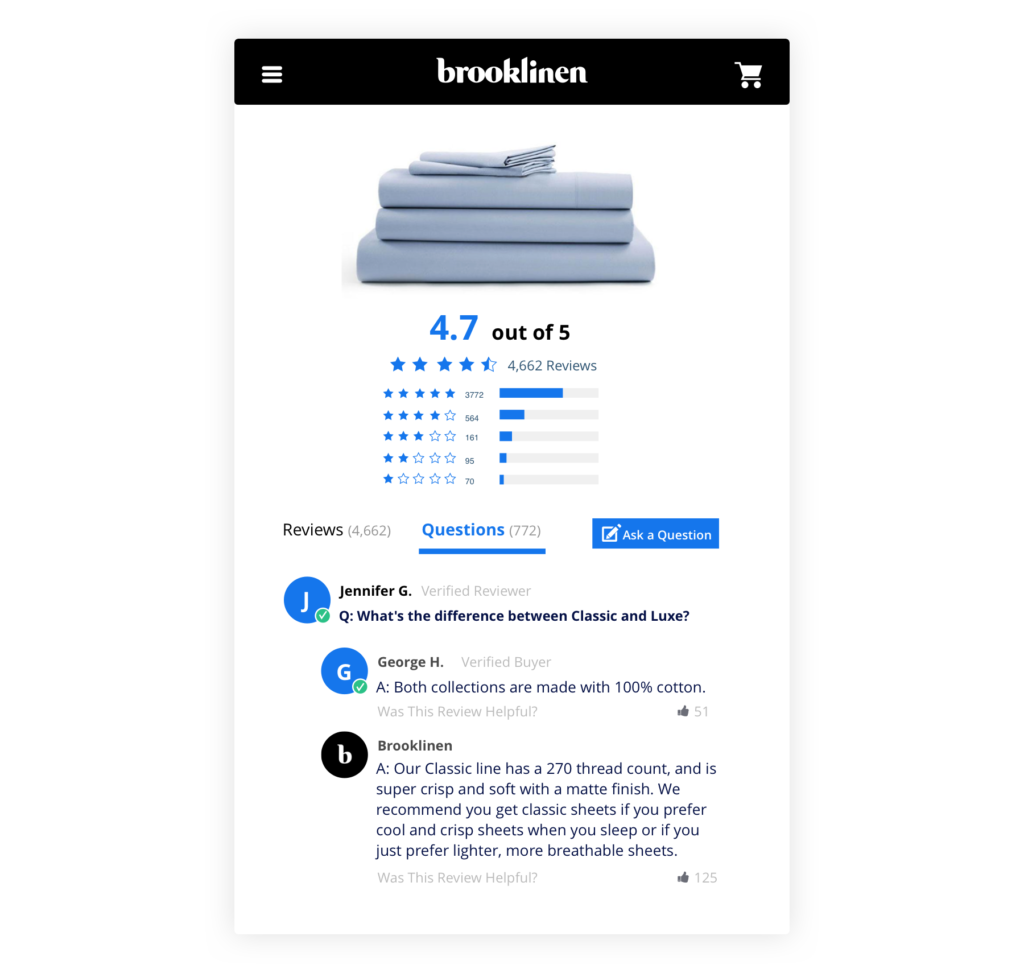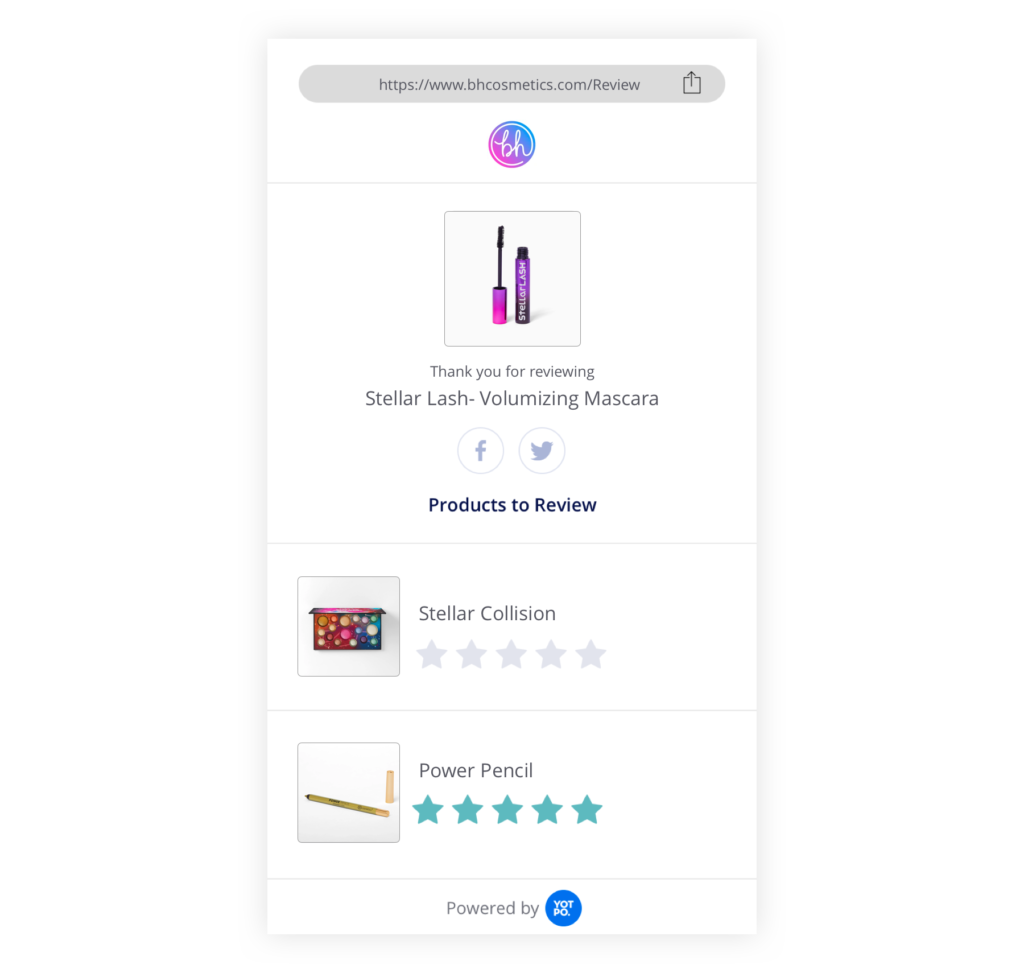In the ever-evolving eCommerce landscape, effective user-generated content is the key to self-perpetuating growth.
The buying process has become non-linear and omnichannel, with shoppers jumping between search, social, third-party, retail, referrals, brick-and-mortar, and so on. Rather than a traditional step-by-step journey, discovery and information gathering can occur anywhere and at any time.
Not only are shoppers looking to you for products they love, but they also need you to help to make informed purchase decisions. Merely having UGC is a low bar. To stand out, you need to take tactical steps that encourage customers to submit the influential content that shoppers crave.
Here are the seven best ways to gather more meaningful UGC from your customers:
1. Motivate Customers to Leave Relevant Reviews
A one-word review, enthusiastic though it may be, is not nearly as useful to a potential buyer as a few thoughtful sentences about the product’s quality and functionality, as well as about the overall customer experience.
Rather than issuing general requests asking your customers for reviews, get specific about the topics you’d like feedback on by embedding your requested topics into Mail After Purchase emails.
2. Get Structured Feedback with Multiple Choice Questions
D2C footwear brand Greats understands how important relevant feedback is. When a potential customer can’t try on the shoe themselves, they look to customer reviews for authentic information about what it’s like to wear the shoe.
Multiple choice questions can help bridge the gap between customers who have worn the shoes and browsers who want to know what wearing the shoes is like. Greats tackled two specific issues — sizing and comfort. Straightforward questions about these two topics are easy for customers to answer and are demonstratively helpful to shoppers.
 3. Encourage High-Quality Customer Photos
3. Encourage High-Quality Customer Photos
Customer photos are extremely useful to shoppers. However, there can be a quality difference between a customer’s dimly lit shot at the kitchen table and your brand’s vibrant commercial photography.
Steve Madden was able to get their customers to submit photos more in line with their brand aesthetic: all they had to do was ask. After providing some photo guidelines, the resulting pics had the authenticity of UGC paired with on-brand style.

4. Use AI to Collect Granular Insights
When shoppers are looking at your reviews, they’re reading between the lines for the overall tone: were people thrilled with past purchases, or did they seem disappointed about the quality?
This human-level intelligence is valuable, but it’s not scalable. To understand feedback trends across your entire brand, companies can use sentiment analysis.
With AI-powered analysis tools, you can better understand what your customers are saying. This granular data helps you quickly identify customer satisfaction issues. For example, a four-star reviewer may love the style and fabric, but not the fit. This intelligence can inform future business decisions and influence product descriptions.
5. Leverage On-Site Q&A
With on-site Q&A, past buyers can respond to questions to further build your brand community, and moderators can weigh in with helpful information.

As you can see above, Brooklinen has more than 4,500 reviews on a popular product and more than 750 questions. Not only are customers leaving reviews about their own buying experience, but they’re also responding to other customers about how the sheets fit on a specific mattress.
6. Elevate Overlooked Products
Your most popular products can frequently dominate the conversation. Reviews can quickly grow from 10 to 50 to 250 as shoppers read about fellow shoppers’ experiences and want to try the product themselves. This momentum doesn’t always carry over to your other items.
To get the ball rolling, you can prioritize your review requests so that you’re specficially targeting overlooked products.
BH Cosmetics used this strategy to prioritize asking for mascara reviews over eyeliner reviews. By offering incentives, perks or coupons, brands can help to encourage shoppers to leave reviews on the products where they need it most.

7. Use SMS to Maximize Engagement
You’re probably already using email to connect with customers, announce new opportunities, or ask for feedback. However, online shopping is increasingly mobile. How can your brand adapt? Add SMS marketing to your toolbox. It’s a high-engagement channel: 98% of text messages are read compared to just 20% of all emails.
Want more tips on how to collect content that converts? Download The New eCommerce Growth Model now.



